- Overview
- Leukemia
- Non-Hodgkin's Lymphoma (NHL)
- Appointment Prep
- View Full Guide
Side Effects of Treatments For Follicular Lymphoma


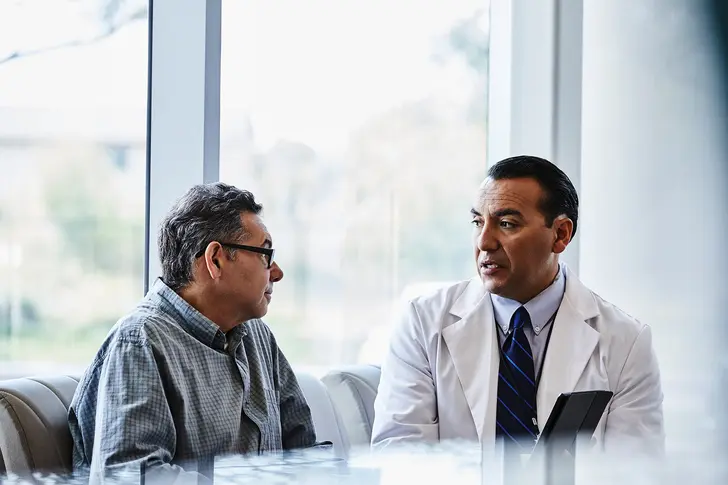
Follicular Lymphoma Treatments
Follicular lymphoma treatments destroy cancer cells, but in the process, they can cause side effects. Treatment affects everyone differently. How you feel depends on the type of treatment, the dose, and your health. Most people with this cancer will have radiation, chemotherapy, immunotherapy, or a combination of these treatments. Ask your doctor what to expect, and how to feel more comfortable if you do have side effects.
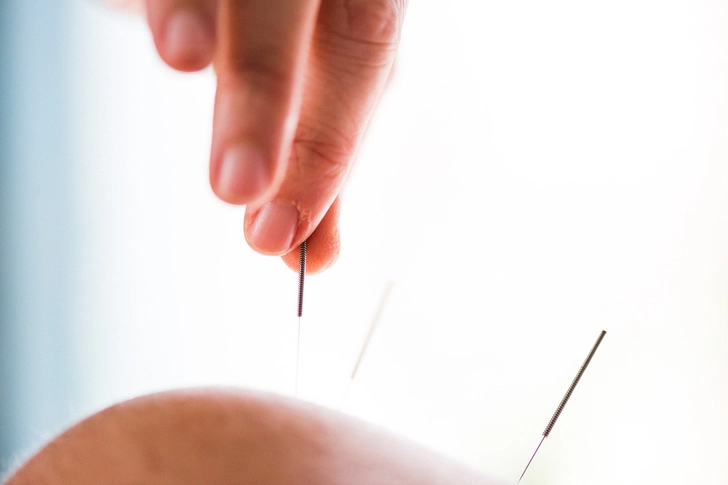
Nausea and Vomiting
Chemotherapy, radiation, and immunotherapy can cause nausea and vomiting, but not in everyone. If you have these side effects, your doctor can prescribe anti-nausea medication. Ask about acupuncture and meditation, which may help you feel better. Drink extra water and other fluids to stay hydrated. And tell your doctor if you have trouble keeping food down.
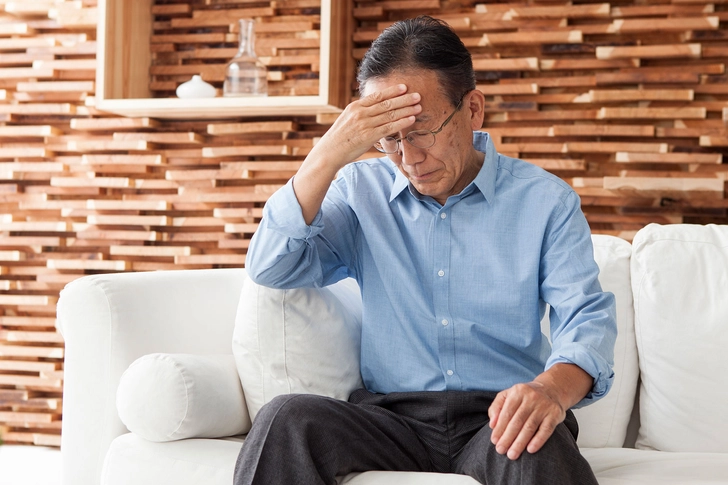
Fatigue
Treatments like chemotherapy and radiation -- and the cancer itself -- can leave you exhausted, no matter how much you sleep. Tell your treatment team if you feel extra tired. Your doctor may do blood tests to look for causes, like a change in your hormone levels or a low red blood cell count, called anemia. Exercise, diet, and therapy are ways to relieve fatigue.
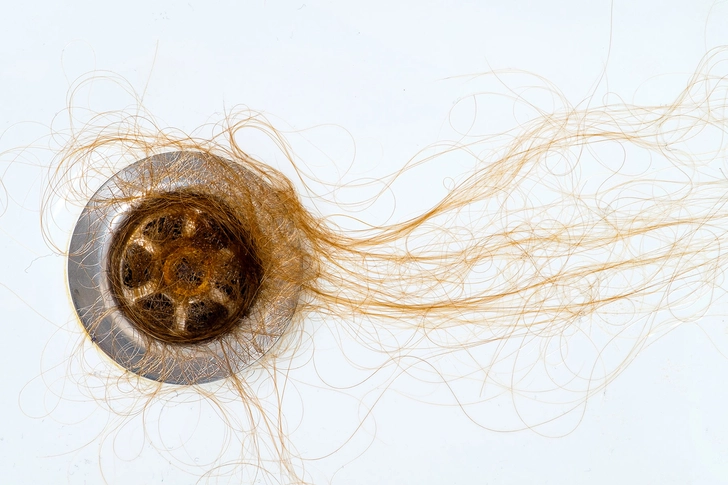
Hair Loss
This is a common side effect of chemotherapy and radiation, but it doesn't happen to everyone. You may choose to cut your hair short or shave your head to make the hair loss harder to see. You can also cover it with a scarf or wig. One way to reduce the amount you lose is to be gentle when you brush or wash your hair. Your hair should grow back after you finish treatment, though it might be a different texture than it was before.
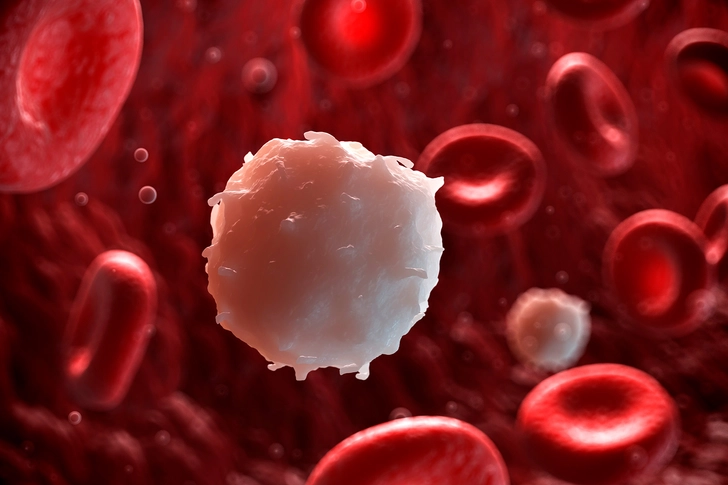
Infections
Chemotherapy can cause a drop in the white blood cells your immune system needs to fight germs, making you more likely to get sick. Your doctor might give you antibiotics to prevent infections, or drugs called growth factors to help you make more white blood cells. To stay healthy, wash your hands often and avoid people who are sick. Call your doctor right away if you have signs of an infection like a fever, sore throat, or chills.
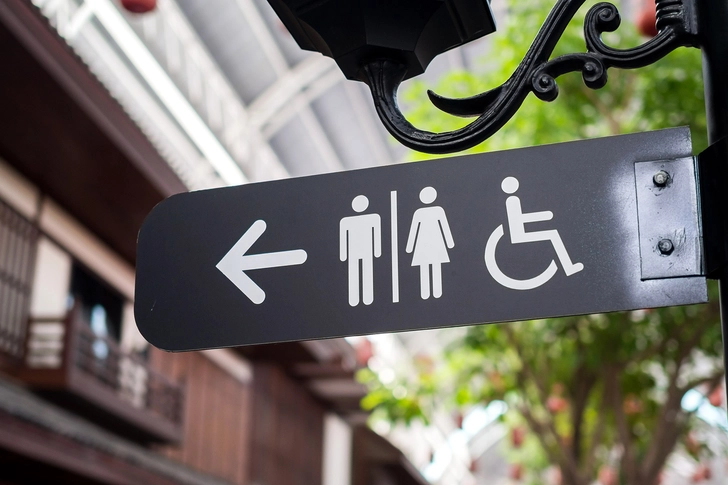
Diarrhea
Loose, watery stools are a side effect of cancer and treatments like chemotherapy and radiation that can damage the intestine lining. Diarrhea should stop when your treatment finishes. Drink water, clear broth, or sports drinks to replace the fluid you lose. Stick to a diet of rice, toast, applesauce, bananas, and other bland foods until you feel better. Ask your doctor if you should take an over-the-counter anti-diarrhea medicine.
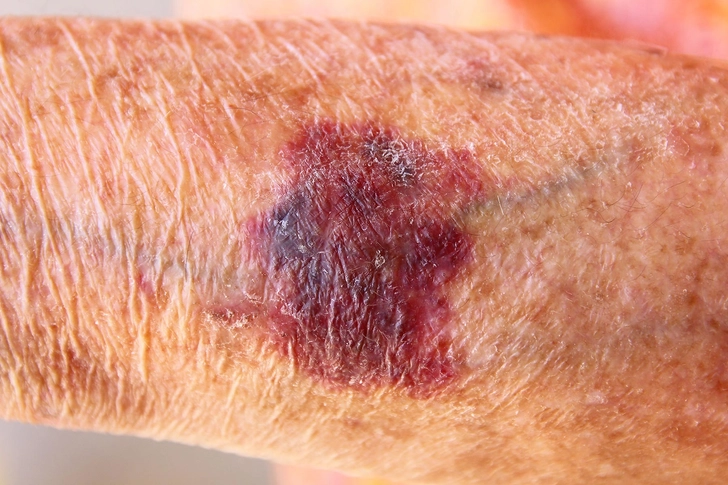
Bruising and Bleeding
Chemo and radiation damage platelets, the cells that help your blood clot when you get hurt. Signs of low platelets are nosebleeds, bleeding gums, unexplained bruises, heavy periods, and red or black poop. Your platelet count should go back up on its own, but tell your doctor about it. If it drops too low, you may need a platelet transfusion to stop you from bleeding too much. To prevent cuts, use a soft toothbrush and an electric razor.
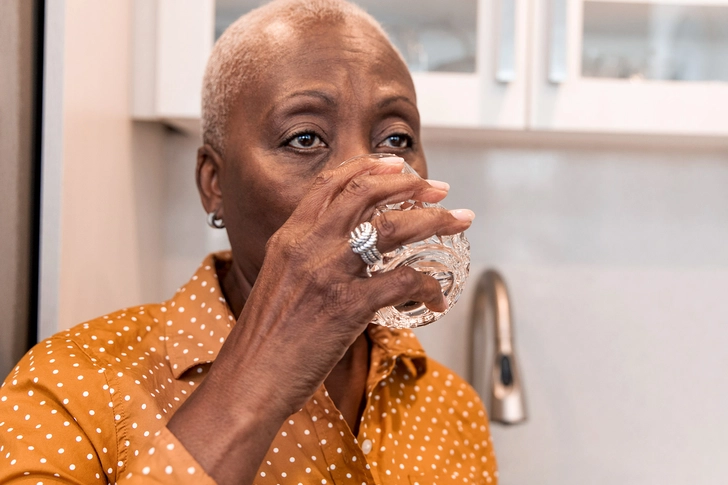
Dry, Itchy, or Red Skin
Itching, dryness, and a rash are all common after chemotherapy and radiation, which can irritate the skin. You may also be more sensitive to the sun. Rubbing on a gentle, water-based cream after you take a bath or shower can ease dryness. Drink extra fluids to keep your skin hydrated. Ask your doctor about prescribing an antihistamine to help with the itch. When you go outdoors, put on sunscreen with an SPF of 30 or higher.
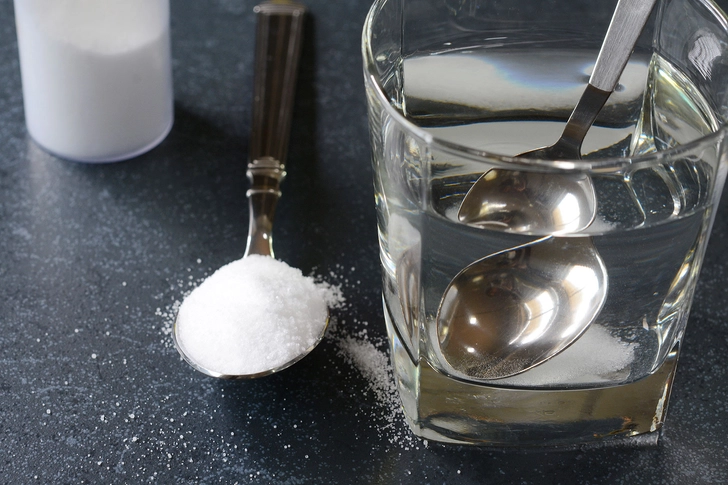
Sore Mouth
Lymphoma treatments can damage cells inside your mouth and cause sores, which may be painful. They should heal once you finish treatment. Ask your doctor if you should rinse with baking soda or salt water to curb the pain. There are also special mouthwashes and medicines to treat mouth pain. While you heal, foods that are soft or cold may be more comfortable to eat. Avoid anything spicy or acidic, like orange or lemon juice.
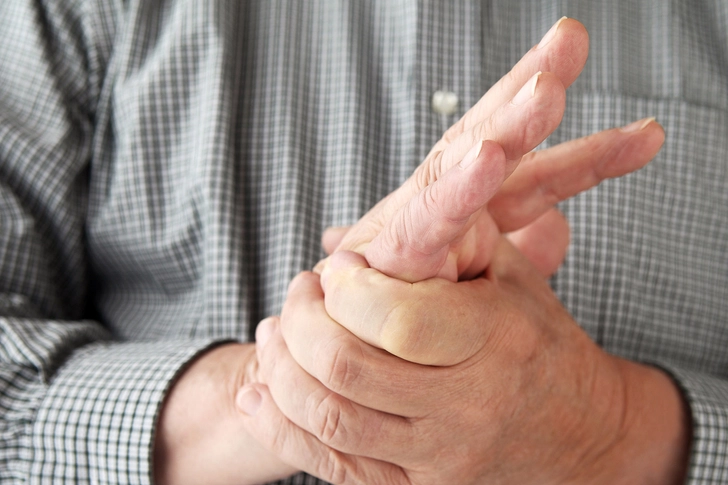
Numbness and Tingling
Some chemotherapy drugs damage the nerves that help you move and feel sensations. If you have nerve damage, called peripheral neuropathy, you may have burning or tingling, numbness, or weakness in parts of your body. Tell your doctor about these symptoms. Lowering the dose of your medicine might help. Numbing medicines, anti-seizure drugs, physical therapy, and acupuncture are some of the treatments for nerve pain.
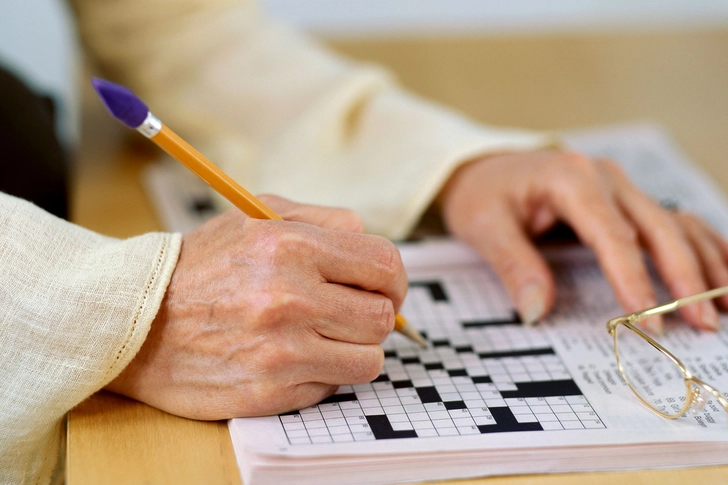
Chemo Brain
You may have some trouble remembering, learning new things, or staying focused on tasks during treatment. Some people call this mental fogginess "chemo brain." Chemotherapy is one cause, but radiation and other treatments can add to memory problems. Be patient with yourself. Keep track of to-do lists in a daily planner or with sticky notes. Keep your mind active by doing crossword puzzles and other mentally stimulating activities.
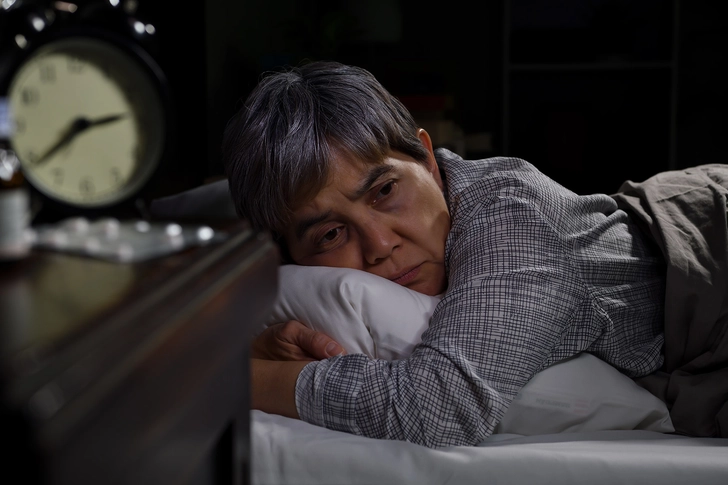
Sleep Problems
It's normal to have trouble sleeping when you have cancer. Pain, nausea, and your worries can keep you up at night. Because there are many causes of sleep problems, you may see a few specialists, including your doctor and a therapist. Go over the medications you take with your doctor in case any of them are keeping you awake. Exercise every day to boost sleep naturally. And avoid caffeine and alcohol before bed.
IIMAGES PROVIDED BY:
- The Good Brigade / Getty Images
- UntitledImages / Getty Images
- kokouu / Getty Images
- Aleksandr Zubkov / Getty Images
- SEBASTIAN KAULITZKI / Getty Images
- ojogabonitoo / Getty Images
- Aphithana Chitmongkolthong / Getty Images
- vitapix / Getty Images
- jayk7 / Getty Images
- nebari / Getty Images
- Stockbyte / Getty Images
- amenic181 / Getty Images
SOURCES:
American Cancer Society: "Chemo Brain," "Coping with Hair Loss," "Diarrhea," "Dry Skin," "Low Platelet Count (Bleeding)," Managing Fatigue or Weakness," "Managing Nausea and Vomiting at Home," "Managing Peripheral Neuropathy," "Managing Sleep Problems," "Medicines Used to Treat Nausea and Vomiting," "Mouth Sores and Pain," "Nausea and Vomiting Caused by Cancer Treatment," "Skin Rash," "Watching for and Preventing Infections," "What are Sleep Problems?" "What is Fatigue or Weakness?" "What is Peripheral Neuropathy?" "Why People with Cancer Are More Likely to Get Infections."
Lymphoma Action: "Anaemia," "Bowel problems," "'Chemo brain' (cancer-related cognitive impairment)," "Dry, sore and itchy skin," "Hair loss," "Nausea and vomiting," "Peripheral neuropathy," "Side effects of lymphoma treatment," "Thrombocytopenia (low platelets)."
Lymphoma Research Foundation: "Follicular Lymphoma: Treatment Options."